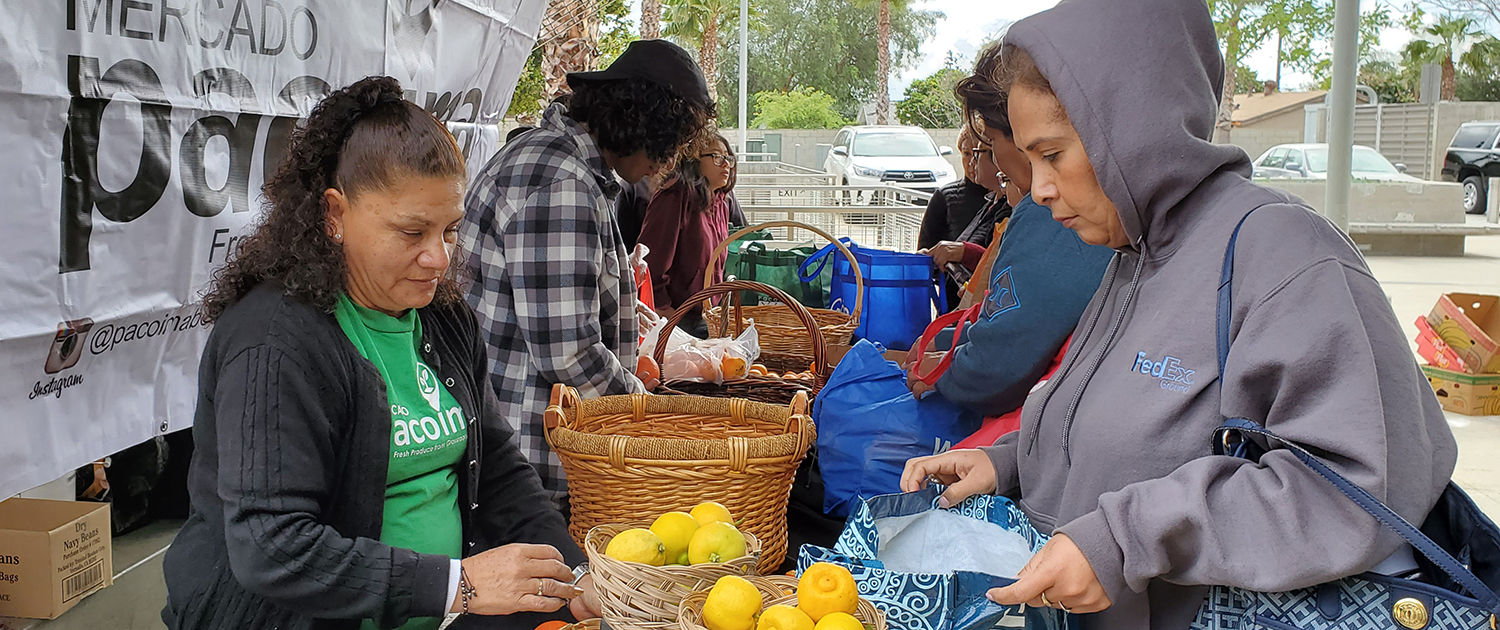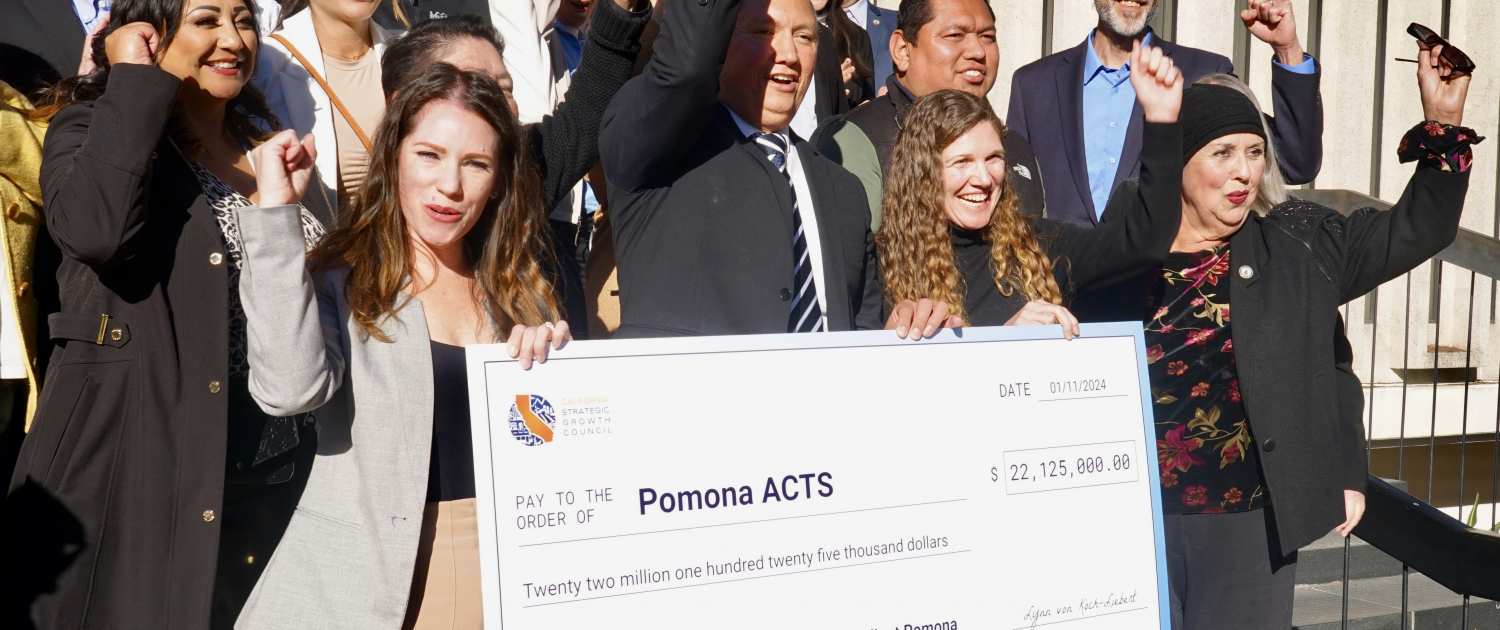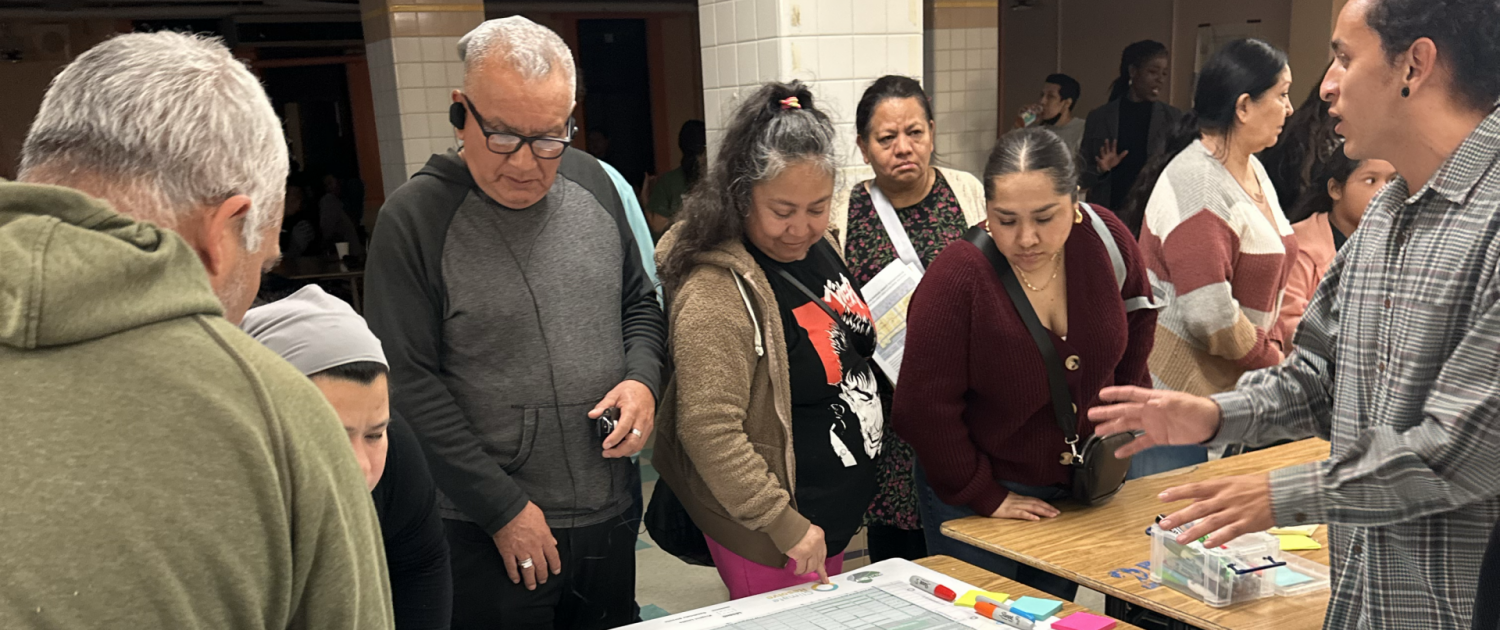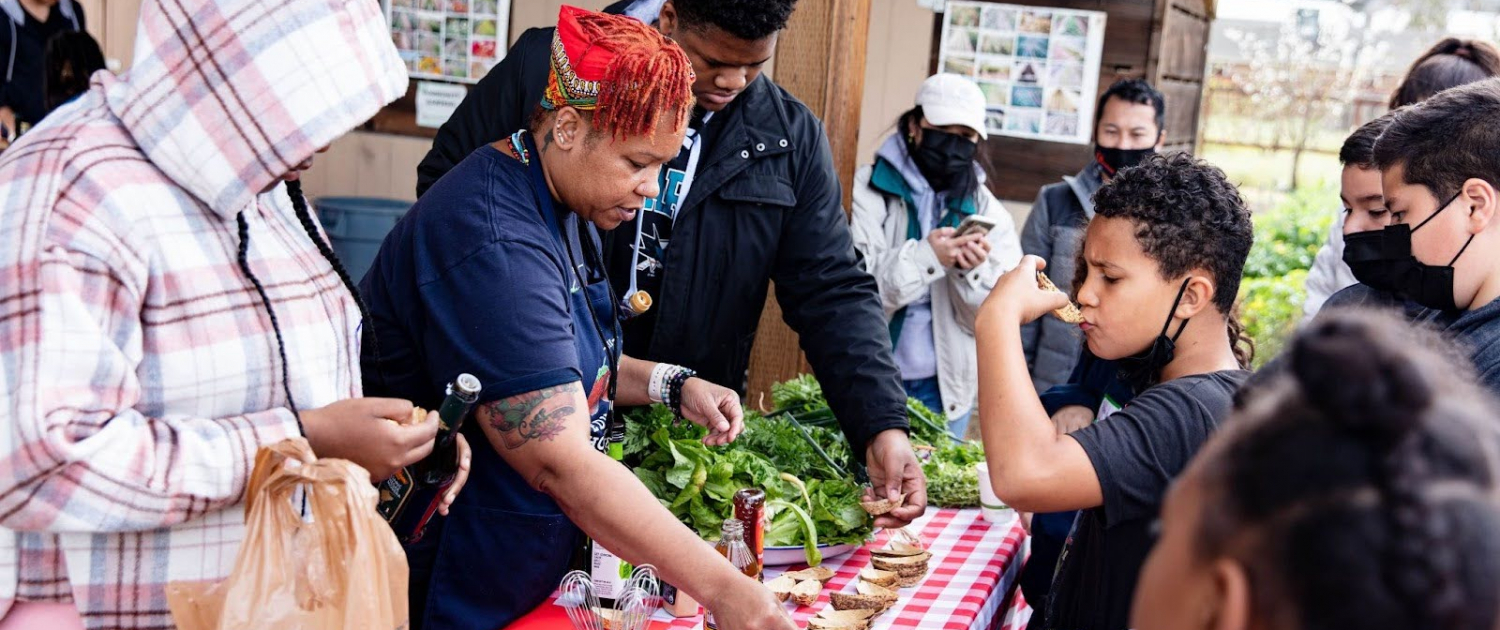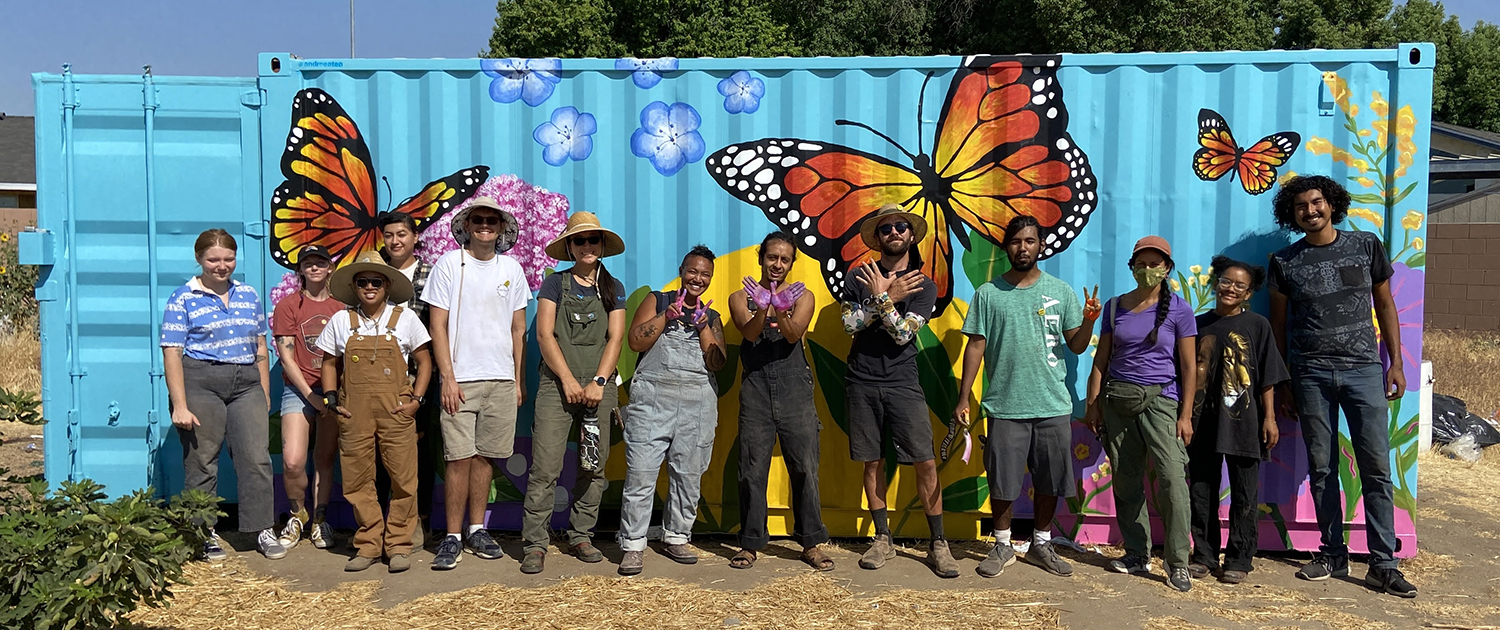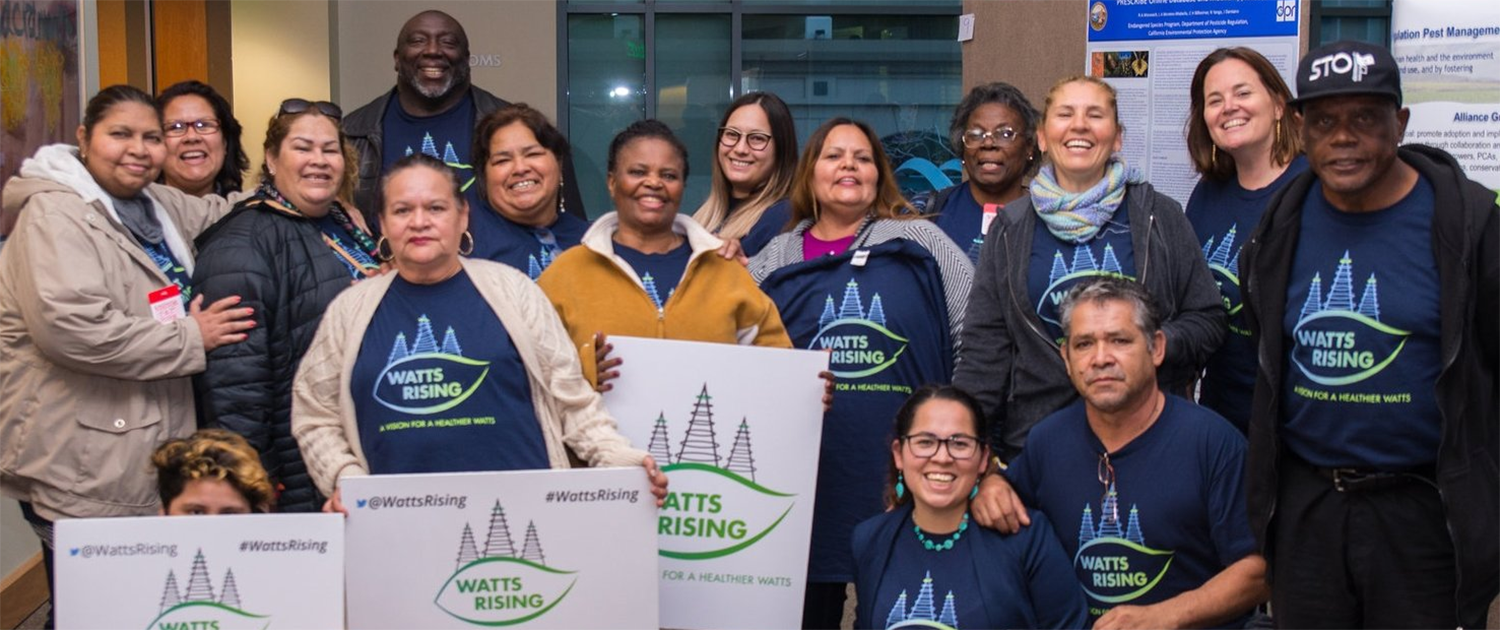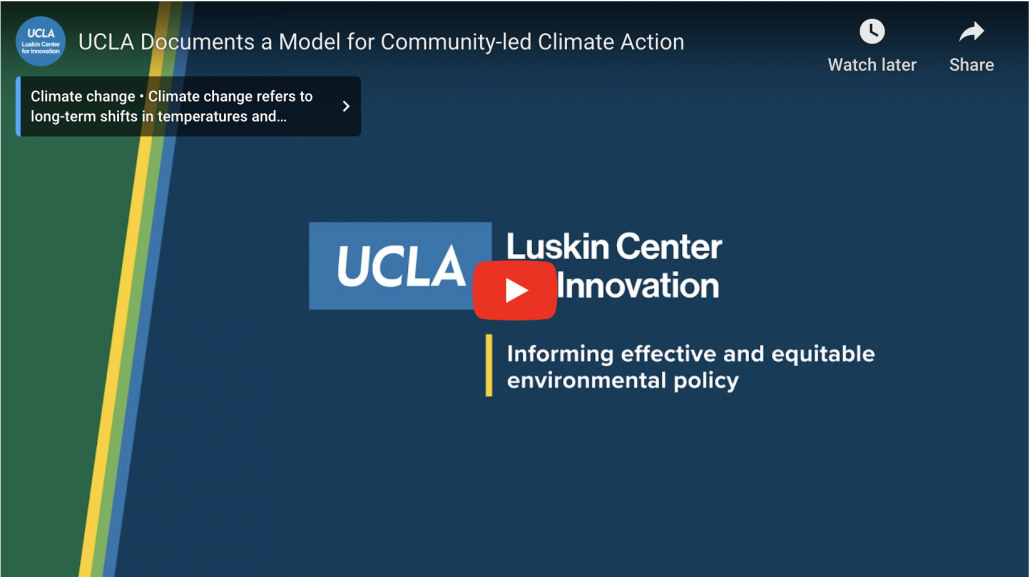Transformative Climate Communities
Tracking groundbreaking community-led climate action
The California Transformative Climate Communities grant program (TCC) is one of the most innovative, comprehensive, and equitable experiments in community-scale climate action. Administered by the California Strategic Growth Council, TCC implementation grants empower communities most impacted by legacy pollution to design and implement projects to advance clean transportation, affordable housing, renewable energy, energy efficiency, urban greening, and more.
By providing grants to historically disinvested communities, TCC empowers communities to choose and implement their vision, strategies, and projects – all with data-driven milestones and measurable outcomes.
UCLA Luskin Center for Innovation researchers developed an evaluation framework to track TCC progress and assess outcomes. We are now documenting groundbreaking progress in seven communities: Fresno, Ontario, Pomona, Stockton, and the Los Angeles neighborhoods of Northeast San Fernando Valley, South LA, and Watts.
Lessons learned are relevant for community-driven climate action in myriad other communities.
Green Together (Northeast San Fernando Valley)
With a $23 million award, Green Together works with residents to build a resilient community by reducing greenhouse gas emissions, strengthening the local economy and improving public health in Pacoima & Sun Valley.
Progress reports: 2024, 2023, 2022, 2021
Click here to read about people who have shaped — or been shaped by — the implementation of Green Together.

Ontario Together
With a $33.25 million award, Ontario Together is a community-driven movement to achieve measurable and sustainable neighborhood transformation through innovative implementation of greenhouse gas reduction projects. #OntarioTogether
Progress reports: 2024, 2023, 2022, 2021, 2020
Click here to read about people who have shaped — or been shaped by — the implementation of Ontario Together.
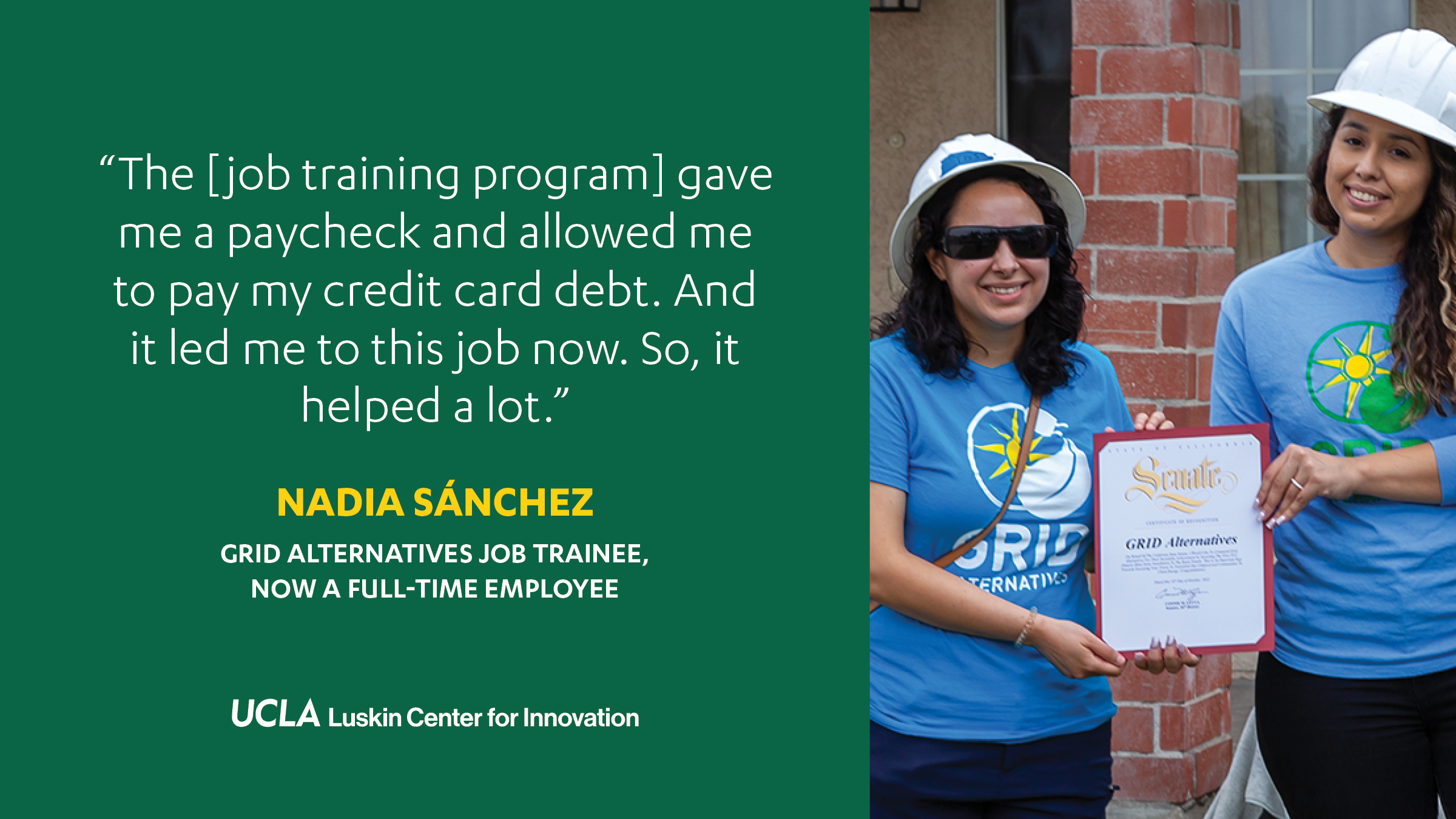
Pomona ACTS
With a $22 million award, Pomona ACTS aims to position Pomona as a model of a sustainable, resilient, vibrant, and equitable city, addressing climate challenges while enhancing public health, shared prosperity, and community identity.
We recently partnered with Pomona ACTS, and accomplishments will be coming soon…
South LA Eco-Lab
The South LA Eco-Lab is receiving $35 million to transform South Los Angeles into a healthy, thriving neighborhood – one with lush green spaces, clean air, renewable energy infrastructure, and dynamic mobility options for pedestrians, bikers, and public transit.
Stockton Rising
With an $11 million award, Stockton Rising, a City-led program, aims to improve the environment and climate resilience of neighborhoods most impacted by climate change and poor environmental conditions. #StocktonRising
Progress reports: 2024, 2023, 2022
Click here to read about people who have shaped — or been shaped by — the implementation of Stockton Rising.
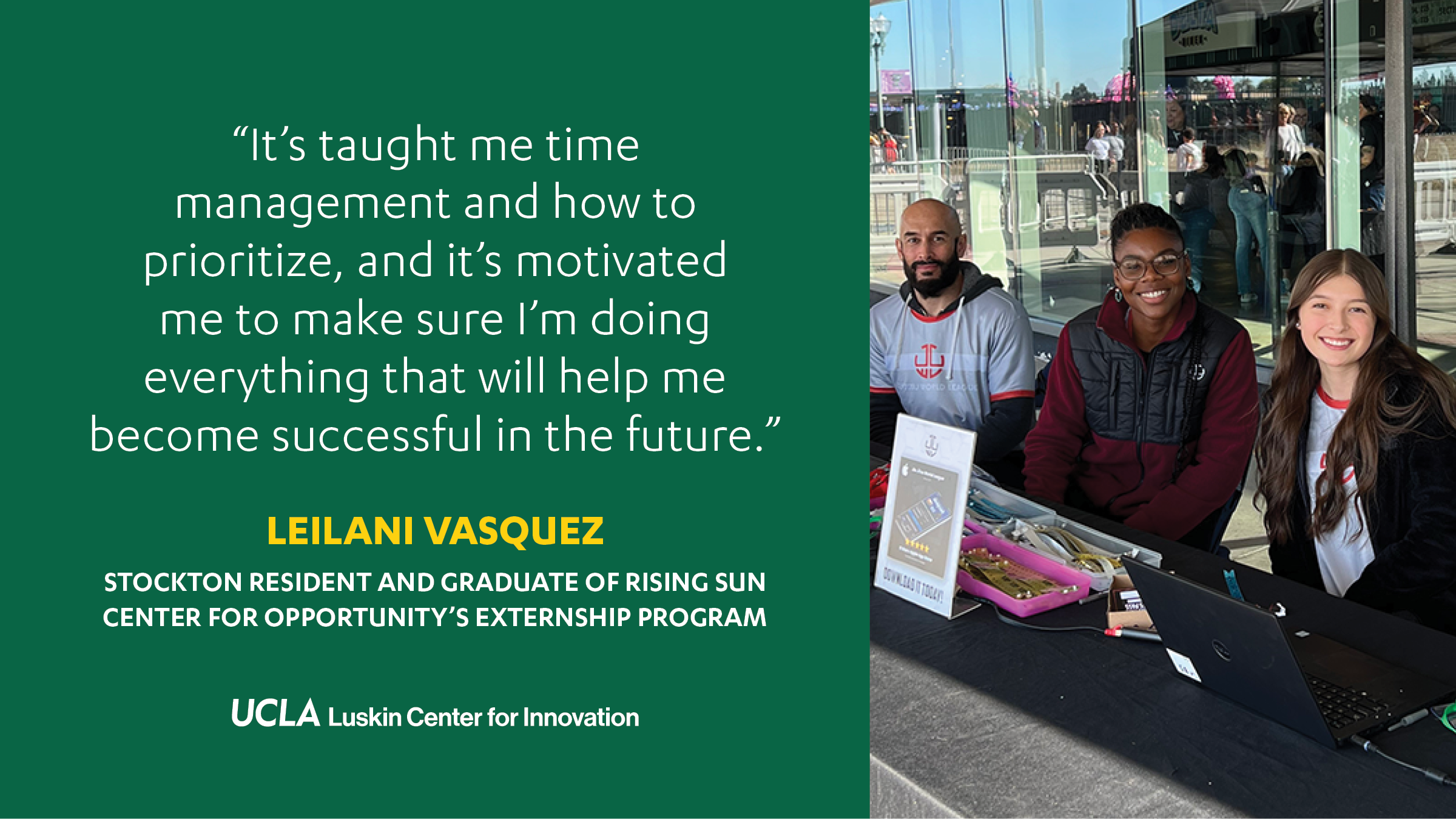
Transform Fresno
Transform Fresno received $66.5 million to identify and implement investments that will catalyze economic and environmental transformation in Downtown, Chinatown, and Southwest Fresno. #TransformFresno
Progress reports: 2024, 2023, 2022, 2021, 2020
Click here to read about people who have shaped — or been shaped by — the implementation of Transform Fresno.

Watts Rising
With a $33.25 million award, the Watts Rising Collaborative is implementing infrastructure projects to expand urban agriculture; access to healthy organic produce; provide more affordable and sustainable housing; increase low- and no-carbon transportation options; increase community green space; expand their tree canopy; and make their streets safer for walking and biking.
Progress reports: 2024, 2023, 2022, 2021, 2020
Click here to read about people who have shaped — or been shaped by — the implementation of Watts Rising.
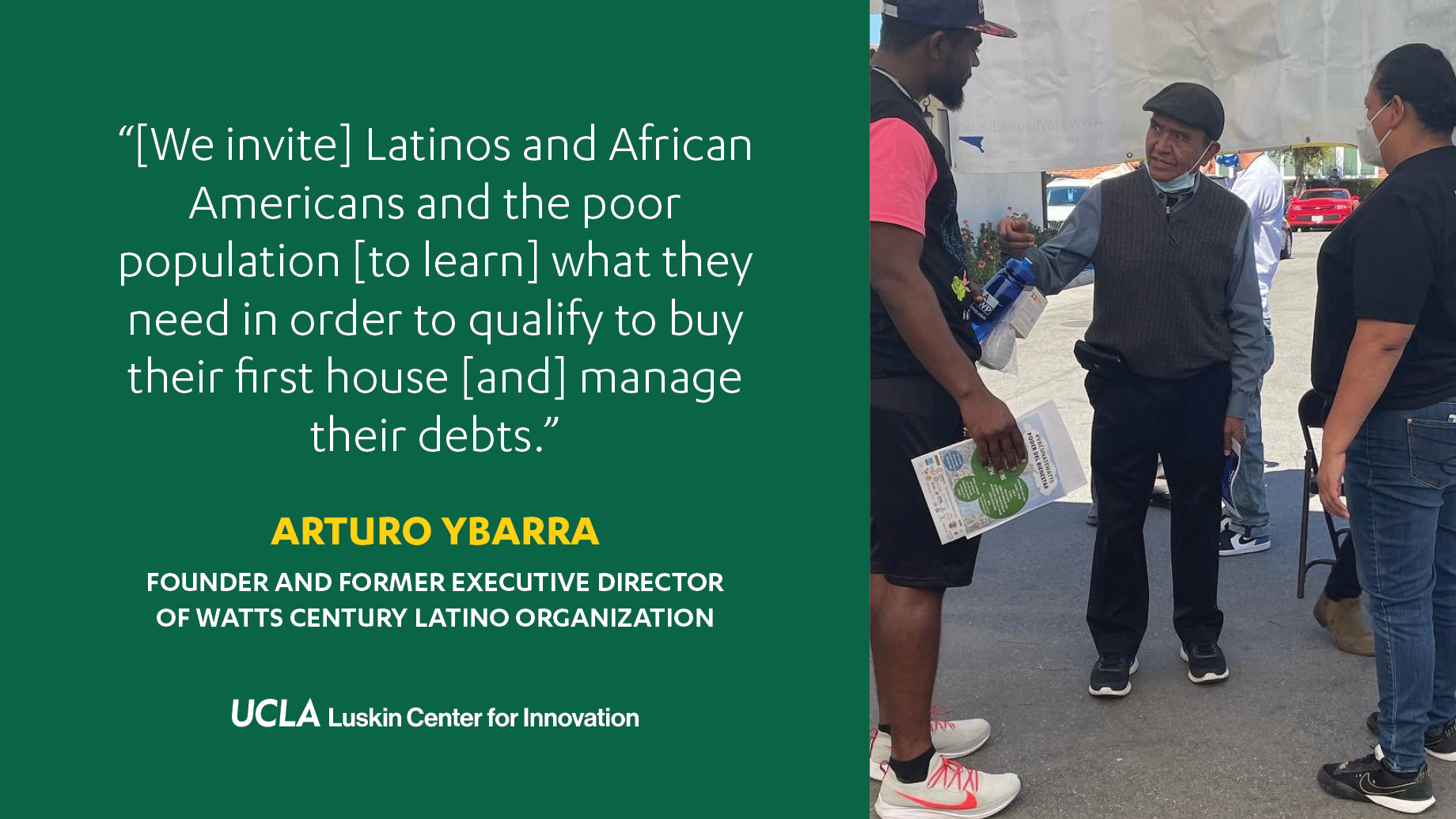
To learn more about our work in Fresno, Ontario, and Watts, check out this video:
To replicate or verify our findings and methods, see UCLA’s TCC Evaluation GitHub Repository for access to all the code developed for this evaluation.
Photo credits: Green Together, UCLA; Ontario Together, Omnitrans; Pomona ACTS, The Energy Coalition; South LA Eco-Lab, Felipe Escobar, Community Partners; Stockton Rising, Erin Scott; Transform Fresno, Chris De León, Fresno Metro Ministry; Watts Rising, California Climate Investments
Progress Reports
Green Together – Coming soon…
South LA Eco-Lab – Coming soon…
Stockton Rising – Coming soon…
News & Media Mentions
Stockton Rising: A $35 million project for a greener city (Stocktonia 12/17/24)
Report: Transformative Climate Communities Program Is Transforming People’s Lives (Streetsblog Cal 7/31/24)
Community-driven climate action spurs economic benefits (UCLA 7/22/24)
This State Program In Underserved Communities Is Becoming A Nationwide Model For Climate Action (LAist, NPR affiliate 5/31/23)
Funding Acknowledgments
TCC is funded through California’s cap-and-trade program and administered by the California Strategic Growth Council.

